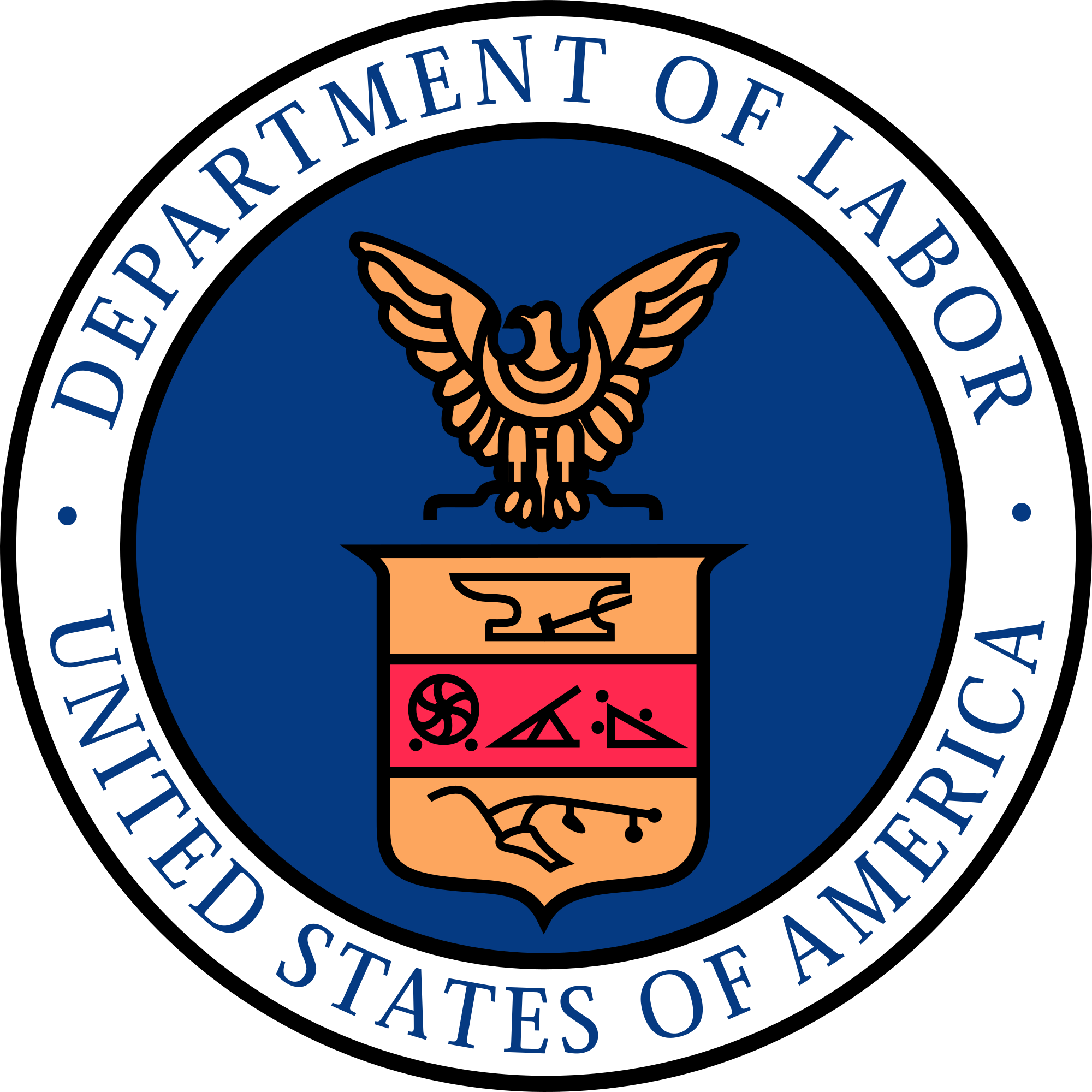 The following is a guest blog courtesy of Blethen|Berens.
The following is a guest blog courtesy of Blethen|Berens.
The U.S. Department of Labor (DOL) recently announced a final rule making more American workers eligible for overtime pay under the Fair Labor Standards Act (FLSA). The current salary thresholds were set in 2004. Previously, in 2016, the DOL announced a final rule, significantly increasing the overtime thresholds for the “white collar” exemptions, which was to be effective December 1 of that year. This proposed change was halted by the Courts before it took effect. Then, after a change in White House administration, in July, 2017, the Department of Labor abandoned the proposed final rule from 2016 and started over with a new process of reviewing and proposing changes to the overtime rules. The resulting final rule, which will go into effect on January 1, 2020, provides an increased threshold salary for the white collar exemptions, but the increase is much lower than the previously proposed rule from 2016.
Key components of the final rule from the Department of Labor include:
- the standard salary level for the white collar exemptions (executive, administrative and professional) will be increasing from the current level of $455 to $684 per week (equivalent to $35,568 per year for a full-time employee);
- This means employees will have to be paid at least $35,568 per year on a salary basis. The duties tests for these exemptions did not change. To be exempt, employees must meet both the salary and the duties tests.
- the total annual compensation level for “highly compensated employees (HCE)” will be increasing from $100,000 to $107,432 per year;
- employers will be allowed to use non-discretionary bonuses and incentive payments (including commissions) that are paid annually, at a minimum, to satisfy up to 10 percent of the standard salary level
Because this new rule goes into effect on January 1, 2020 there is a narrow window of time for employers to determine the impact of this new rule to their businesses. It also leaves a short amount of time to make changes to salaries or exempt/non-exempt status of employees, if needed. If you and your team need assistance determining the impact of this rule to your business or in implementing the provisions of this new rule, contact one of our fantastic member businesses in law or accounting with employment expertise.




